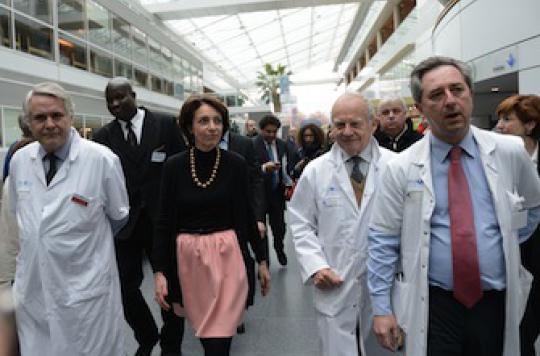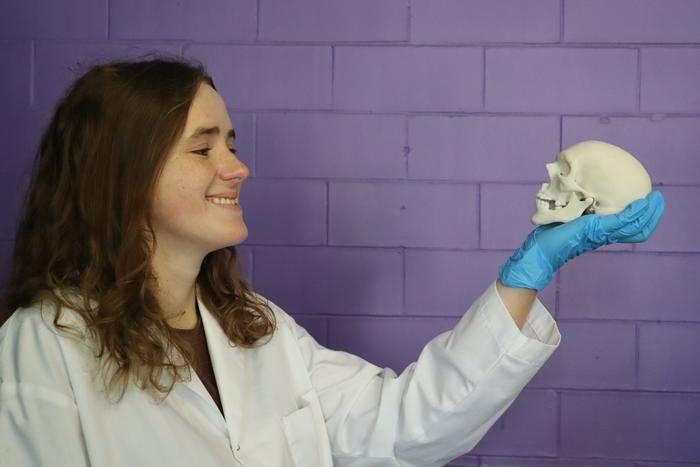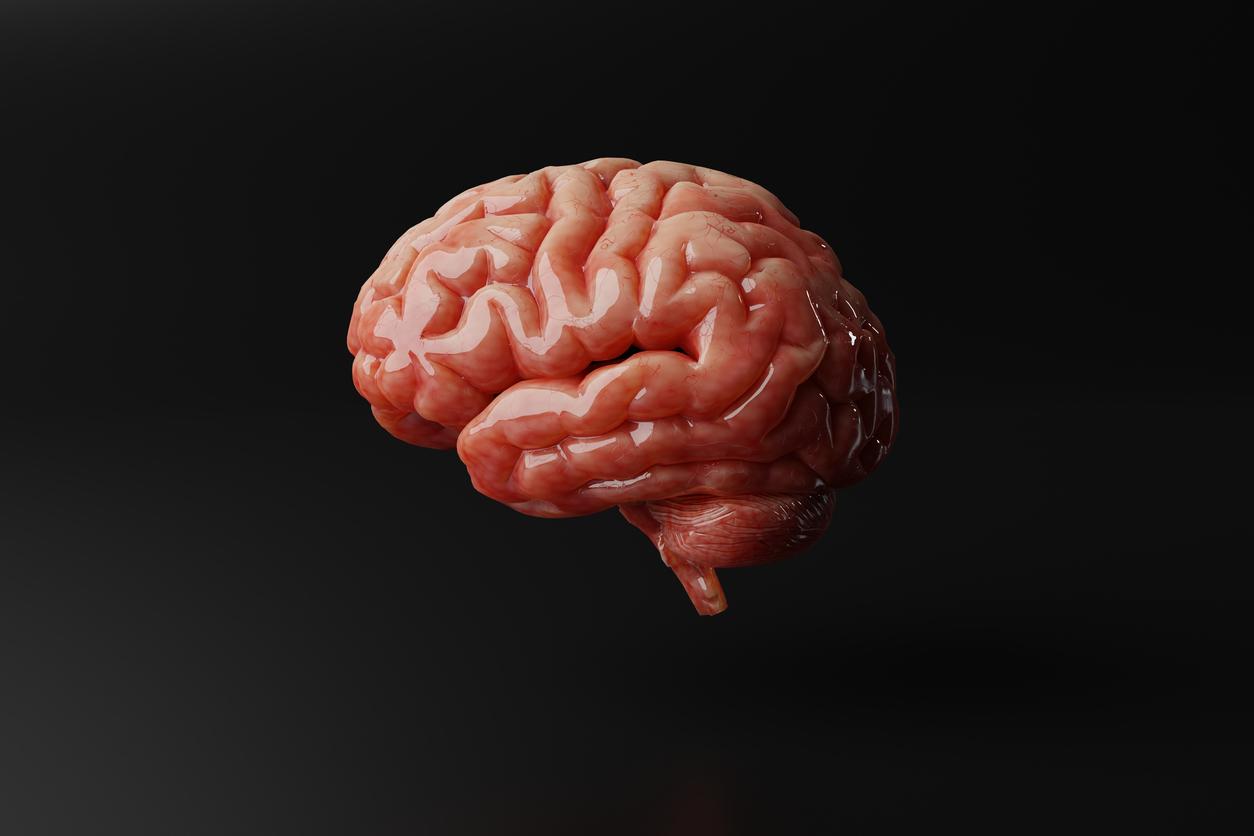Sixty days after the first implantation of the artificial heart, the patient’s condition is deemed satisfactory by his doctors. It feeds and no longer requires continuous respiratory assistance.

“Sixty days after the first implantation of the CARMAT bioprosthetic artificial heart in a 76-year-old man suffering from terminal heart failure, the patient’s condition is deemed satisfactory by his doctors. This is what reveals the latest patient health report issued on Tuesday by the European Hospital Georges Pompidou (AP-HP).
No more anticoagulant treatment
In detail, the press release specifies that the patient’s evolution “may have seemed long and difficult but was, in many ways, little different from that of a patient of the same age and the same preoperative severity. “But now, doctors indicate that the patient” is feeding and no longer requires continuous respiratory assistance. “In addition, he willingly submits to physical rehabilitation exercises which allow him to gradually increase his walking perimeter. Finally, the last important point, the CARMAT bioprosthesis continues to function satisfactorily, “without any anticoagulant treatment since January 10, 2014.”
For all these reasons, the care team pays tribute in this press release “to this exemplary patient, his courage, his sense of humor and his family environment which, through his presence and his confidence, plays a decisive role. in his recovery. ”
The hope of 5 more years of life expectancy
Especially since the future of this patient remains difficult to predict in the long term. As Professor Christian Latrémouille, author of this premiere, reminded him last December, “we hope to give back [à ce premier patient] at least five years of life expectancy. Heart transplant patients have an average survival of eight to thirteen years, although we all have patients who have survived more than 20 years ”.
.

















